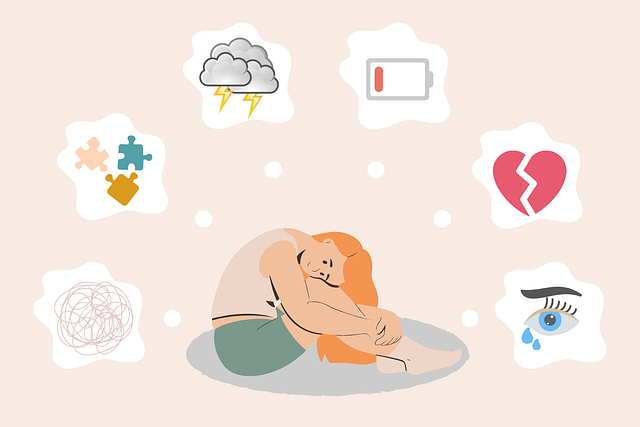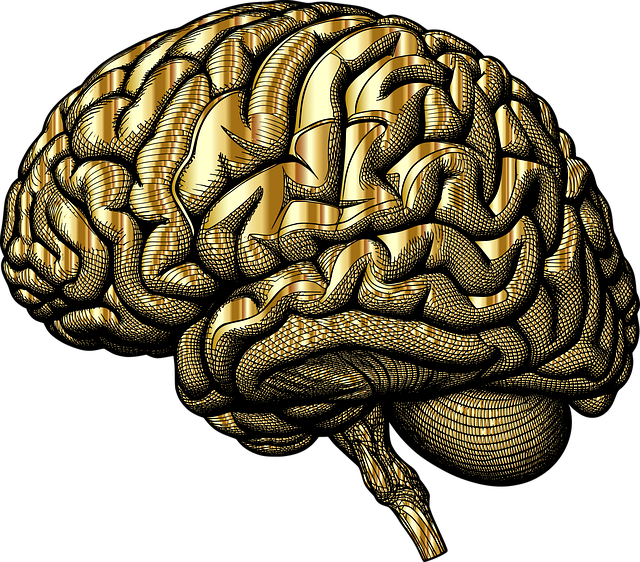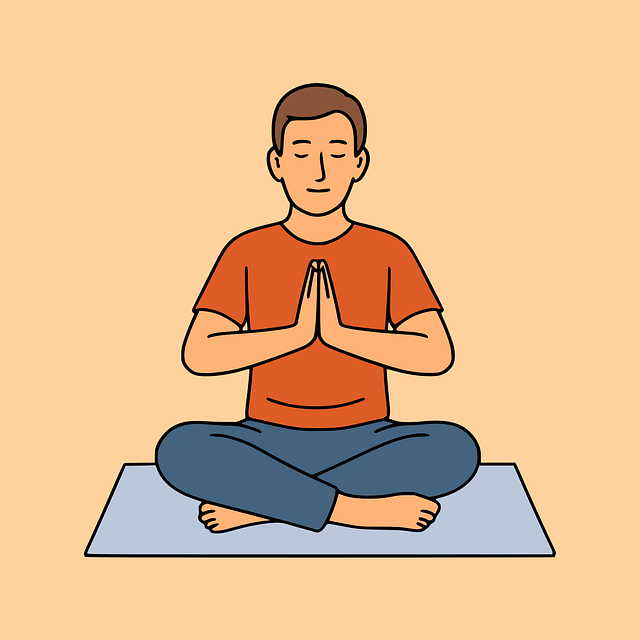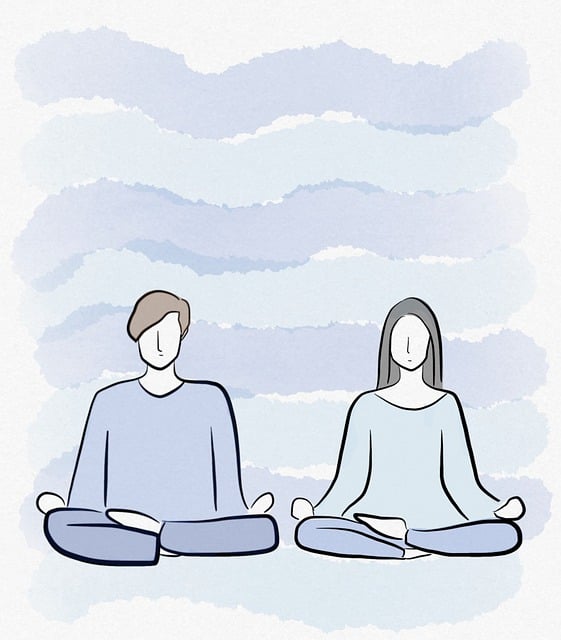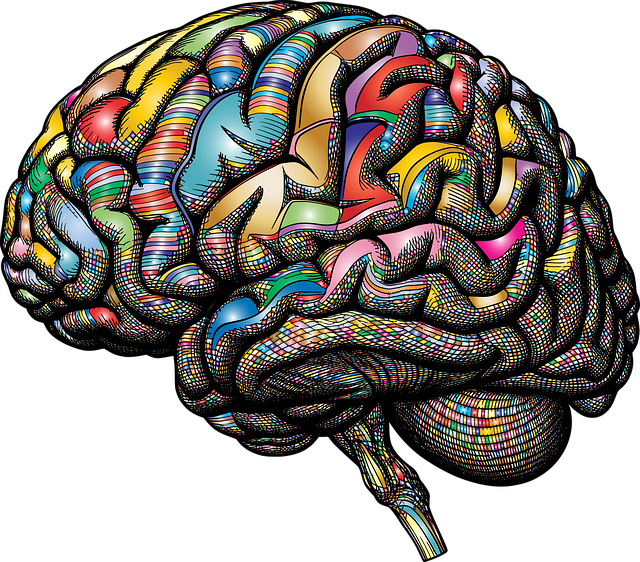Mindfulness meditation is a scientifically backed practice that significantly enhances mental well-being in Boulder residents. Regular mindfulness, accessible through various methods like guided meditations and therapy, promotes emotional balance and personal growth by altering thought patterns. For those dealing with spiritual or religious issues, Boulder offers tailored resources including therapeutic approaches that explore the connection between spirituality, religion, and mental health. These practices aim to heal emotional distress, foster resilience, and cultivate a profound sense of well-being through personalized paths to self-discovery.
Mindfulness meditation, a practice rooted in ancient wisdom, has gained prominence for its profound impact on mental well-being. This article serves as a comprehensive guide to unlocking mindfulness’s potential through three key sections. We explore ‘Understanding Mindfulness Meditation’ to decipher its benefits for mental health. Then, we provide ‘Practical Tips’ for seamlessly integrating mindfulness into daily routines. Lastly, we delve into ‘The Role of Mindfulness in Therapeutic Settings’, focusing on how it navigates Boulder’s Spiritual-Religious Issues in therapy.
- Understanding Mindfulness Meditation: Unlocking the Potential for Mental Well-being
- Practical Tips for Incorporating Mindfulness into Daily Life: A Step-by-Step Guide
- The Role of Mindfulness in Therapeutic Settings: Exploring Boulder's Spiritual-Religious Issues
Understanding Mindfulness Meditation: Unlocking the Potential for Mental Well-being

Mindfulness meditation is a powerful practice that has gained significant popularity in recent years, and for good reason. It involves a conscious focus on the present moment, observing one’s thoughts and feelings without judgment. This simple yet profound act can unlock a world of potential for mental well-being and overall health. By cultivating mindfulness, individuals in Boulder and beyond can navigate life’s challenges with greater resilience and clarity.
The benefits of regular mindfulness meditation practice are backed by scientific research. It has been shown to reduce stress, improve self-esteem, enhance emotional regulation, and even promote positive changes in brain structure. Incorporating mindfulness into daily routines can transform one’s relationship with thoughts and emotions, fostering a sense of calm and balance. Whether through guided meditations, therapy sessions focusing on mindfulness, or participation in spiritual communities that emphasize this practice, individuals can embark on a journey towards improved mental wellness, personal growth, and a deeper connection with themselves and their surroundings.
Practical Tips for Incorporating Mindfulness into Daily Life: A Step-by-Step Guide

Incorporating mindfulness into your daily routine can be a transformative practice for Boulder residents seeking spiritual and religious therapy or simply aiming to boost their confidence and improve self-esteem. Here’s a step-by-step guide to help you get started:
1. Begin with Breath Awareness: Start each day with a few minutes of breath awareness. Sit comfortably, close your eyes, and focus on the sensation of air flowing in and out of your body. This simple practice calms the mind and sets a peaceful tone for the day ahead. It’s an accessible way to introduce mindfulness into your routine, requiring no special equipment or space.
2. Mindful Eating: Next time you sit down for a meal, take a moment to appreciate the colors, textures, and aromas of your food before taking a bite. Eat slowly, savoring each taste, and pay attention to your hunger cues. This mindful approach not only enhances your enjoyment of meals but also promotes healthier eating habits and better digestion. It can be particularly beneficial in trauma support services, as it helps individuals cultivate a positive relationship with food.
3. Walk Mindfully: Take a walk around your neighborhood or a nearby park, focusing on the experience of walking. Notice the feel of your feet touching the ground, the movement of your body, and the sounds and sights around you. This practice can help reduce stress and anxiety, providing an opportunity to disconnect from busy thoughts and simply be present in the moment.
4. Mindful Moments Throughout the Day: Set reminders or use apps designed for mindfulness meditation to take short breaks throughout the day. These moments can range from 5 to 10 minutes each. During these pauses, you might practice body scans, guided visualizations, or simple breath awareness exercises. Regularly integrating these micro-meditations into your schedule can significantly improve your overall sense of well-being and self-esteem.
5. End with Gratitude: Before ending your day, take a few minutes to reflect on the positive experiences and things you’re grateful for. This practice cultivates a sense of contentment and appreciation, fostering a more optimistic outlook—a key component in confidence-boosting practices.
The Role of Mindfulness in Therapeutic Settings: Exploring Boulder's Spiritual-Religious Issues

Mindfulness meditation, with its roots in ancient practices, has emerged as a powerful tool for enhancing mental well-being. By understanding and incorporating this technique into daily life, individuals can navigate the challenges of contemporary living with greater resilience and clarity. The therapeutic benefits of mindfulness are further explored in the context of Boulder’s Spiritual-Religious Issues, highlighting its potential to revolutionize mental health support. With practical guidance and a deeper comprehension of its role in modern therapy, readers are equipped to unlock their own transformative journeys through mindfulness meditation.



